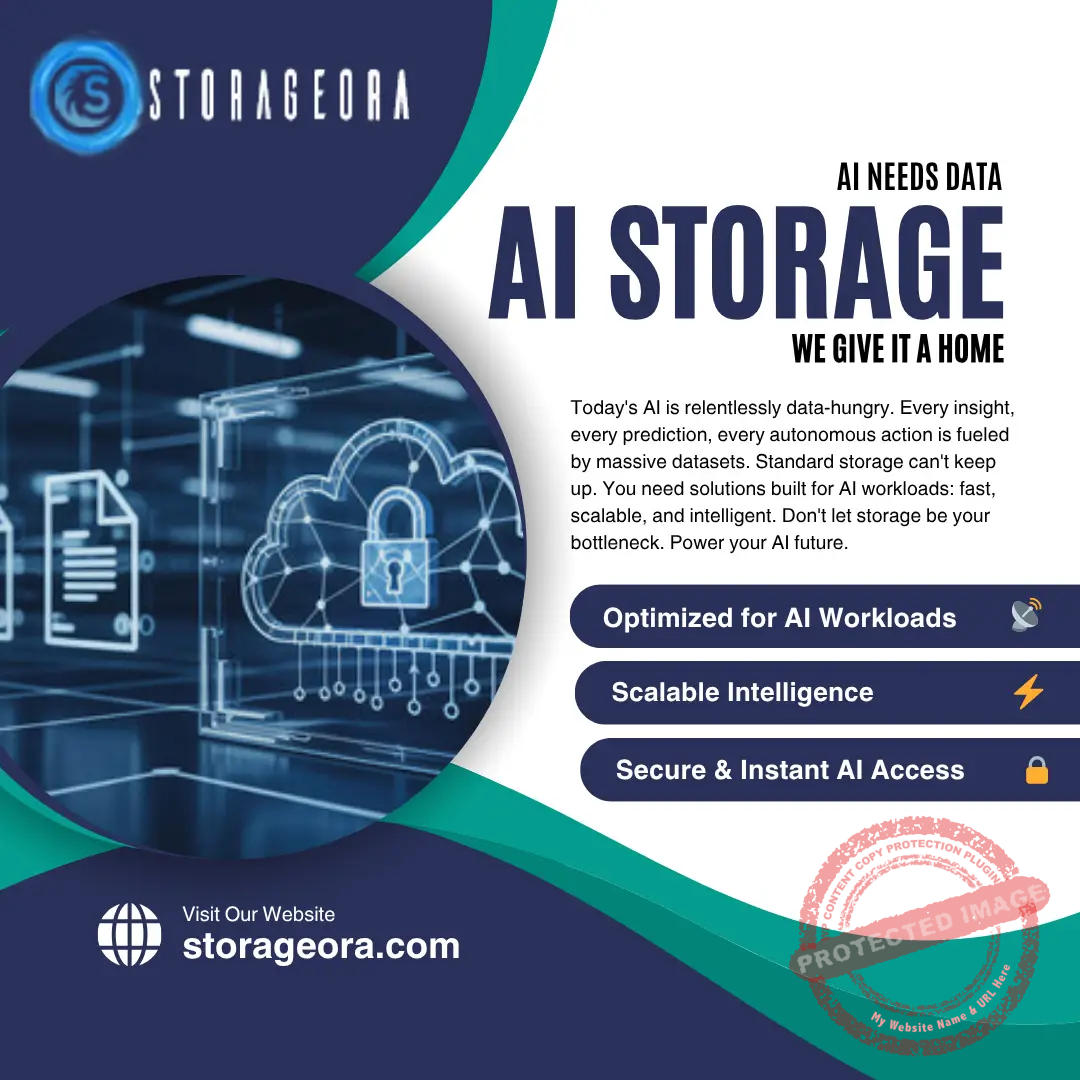How Cloud-Delivered Data Platforms Are Transforming Decision-Making, Agility, and Competitive Advantage..
What Is Data-as-a-Service?
At its core, DaaS delivers data management, integration, and analytics capabilities through the cloud. Rather than building and maintaining their own data infrastructure, organizations can subscribe to DaaS platforms that provide:
-
Centralized data storage and access
-
APIs for data integration across applications
-
Built-in analytics and visualization tools
-
Governance and compliance features
These platforms allow enterprises to seamlessly connect, enrich, and analyze data across systems—eliminating silos and accelerating data-driven decision-making.
Why DaaS Matters in the Modern Enterprise
The modern business environment demands agility, and DaaS delivers it. Its key benefits include:
-
Scalability: Cloud-based architecture adapts instantly to data volume and user demand.
-
Speed: Real-time data delivery reduces time-to-insight.
-
Cost Efficiency: Organizations pay only for what they use—no need for massive on-premise storage investments.
-
Accessibility: Data is available anywhere via secure cloud access.
-
Collaboration: Teams across regions and functions can access shared data environments in real time.
In essence, DaaS turns data into a living utility, accessible and usable by every department, from marketing and finance to operations and R&D.
The Role of Cloud, AI, and APIs
DaaS thrives at the intersection of cloud computing, artificial intelligence, and APIs.
-
Cloud platforms (such as AWS, Google Cloud, and Microsoft Azure) provide the scalable infrastructure for storage and delivery.
-
AI and machine learning automate data cleaning, enrichment, and pattern detection.
-
APIs (Application Programming Interfaces) allow seamless integration between systems, enabling data to flow across applications securely and efficiently.
Together, these technologies create intelligent data ecosystems that continuously learn, adapt, and evolve—transforming information into an enterprise’s most valuable digital asset.
Business Applications Across Industries
DaaS is reshaping industries by democratizing access to high-quality data:
-
Finance: Real-time risk assessment, fraud detection, and portfolio optimization.
-
Healthcare: Secure patient data sharing for precision medicine and clinical trials.
-
Retail: Predictive analytics for inventory management and personalized marketing.
-
Manufacturing: IoT data integration for predictive maintenance and quality assurance.
-
Energy: Monitoring and optimizing grid performance through live data streams.
These applications highlight DaaS as the foundation of the intelligent enterprise, enabling data-centric operations at scale.
Governance, Privacy, and Security
As data flows freely across cloud environments, security and governance have become mission-critical.
Leading DaaS providers embed features such as:
-
Zero Trust access controls
-
End-to-end encryption
-
Data lineage tracking for auditability
-
Compliance with GDPR, HIPAA, and CCPA
Organizations must also define data stewardship roles, ensuring that ownership, accuracy, and ethical use remain aligned with corporate values and regulatory requirements.
The Economics of DaaS: Data as a Strategic Asset
Data is no longer just a byproduct of business—it’s a strategic resource that can be packaged, shared, and monetized.
Through DaaS marketplaces, companies can offer anonymized datasets to partners and developers, creating new revenue streams. In return, they can access external datasets that enrich analytics, enhance AI training, and support better decision-making.
This shift transforms data from a static liability into a dynamic asset class that fuels innovation, collaboration, and economic growth.
Closing Thoughts and Looking Forward
Data-as-a-Service marks the next evolutionary step in the digital economy—one where data becomes as accessible and essential as electricity.
As organizations continue their journey toward data maturity, DaaS platforms will serve as the operating system of modern enterprise intelligence, powering everything from automation to advanced analytics.
The future belongs to businesses that not only collect data—but connect, contextualize, and capitalize on it.
References
-
“Data-as-a-Service: The Next Big Shift in Cloud Computing” – Gartner Insights
https://www.gartner.com/en/articles/data-as-a-service-next-big-shift -
“How DaaS Is Changing Enterprise Data Strategy” – Forbes Tech Council
https://www.forbes.com/sites/forbestechcouncil/2024/06/03/how-daas-is-changing-enterprise-data-strategy -
“APIs and the Future of Data Integration” – TechTarget
https://www.techtarget.com/searchcloudcomputing/feature/apis-and-the-future-of-data-integration -
“The Role of AI in Modern Data Platforms” – McKinsey & Company
https://www.mckinsey.com/capabilities/quantumblack/our-insights/the-role-of-ai-in-modern-data-platforms -
“Data Governance in the Cloud Era” – Deloitte Insights
https://www.deloitte.com/insights/data-governance-in-the-cloud-era
Author: Serge Boudreaux – AI Hardware Technologies, Montreal, Quebec
Co-Editor: Peter Jonathan Wilcheck – Miami, Florida
Post Disclaimer
The information provided in our posts or blogs are for educational and informative purposes only. We do not guarantee the accuracy, completeness or suitability of the information. We do not provide financial or investment advice. Readers should always seek professional advice before making any financial or investment decisions based on the information provided in our content. We will not be held responsible for any losses, damages or consequences that may arise from relying on the information provided in our content.





 AMD
AMD TMC
TMC IE
IE MSI
MSI NOK
NOK DELL
DELL ECDH26.CME
ECDH26.CME